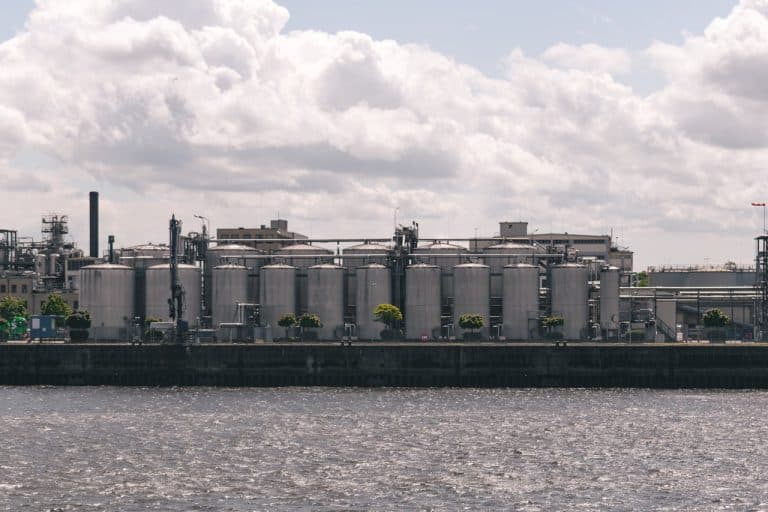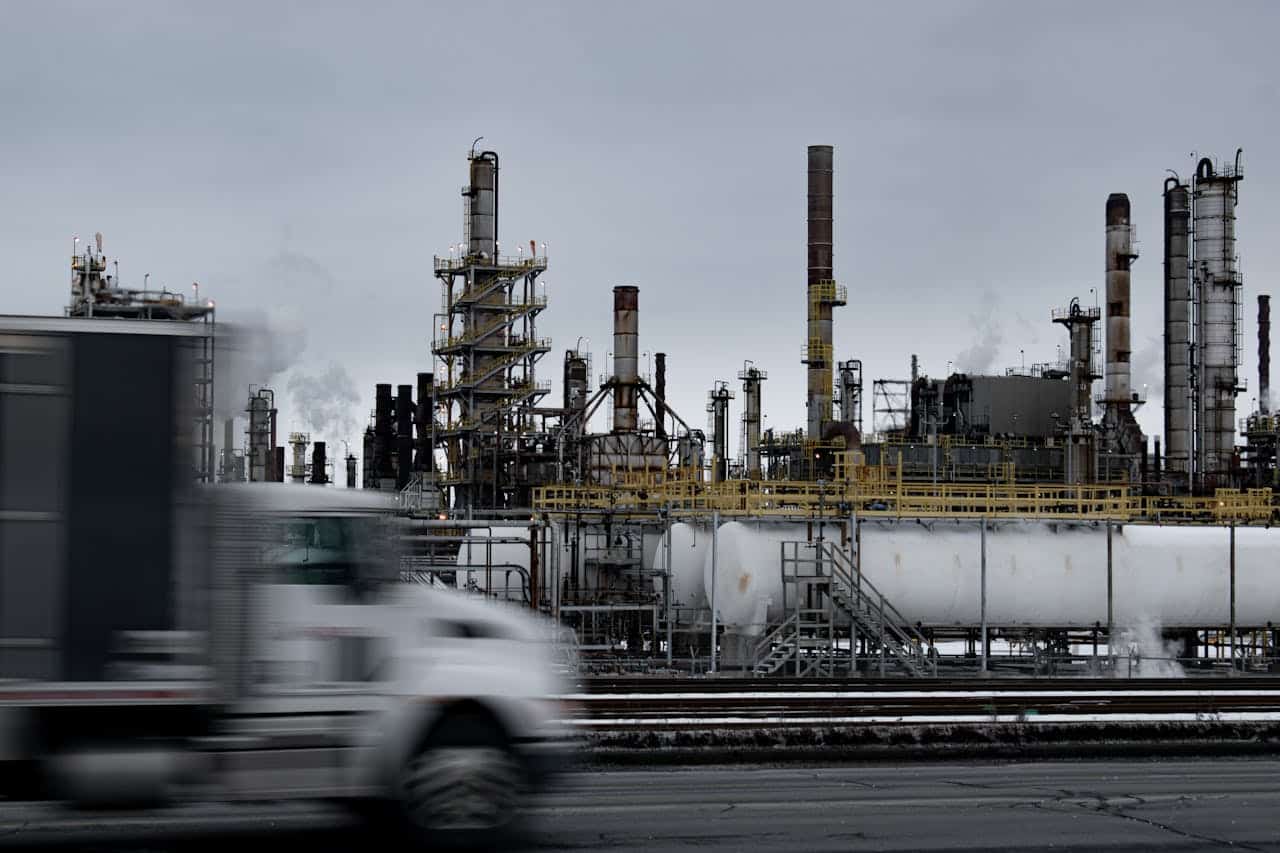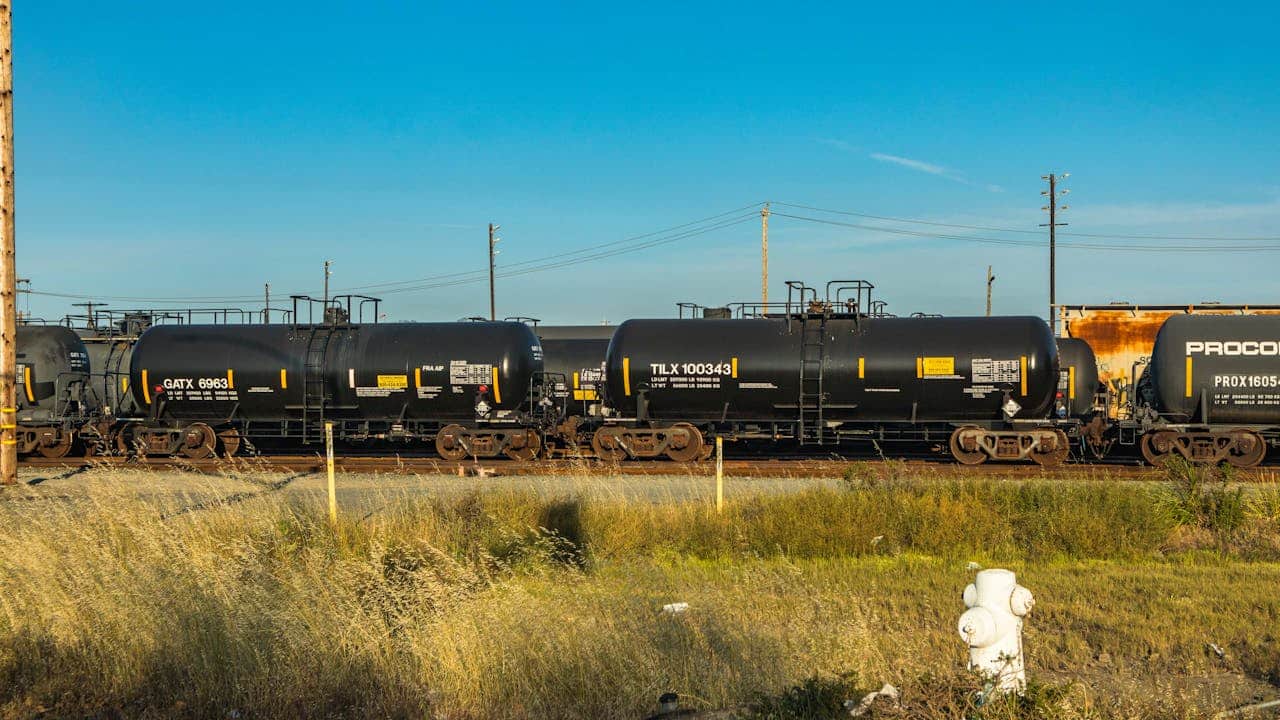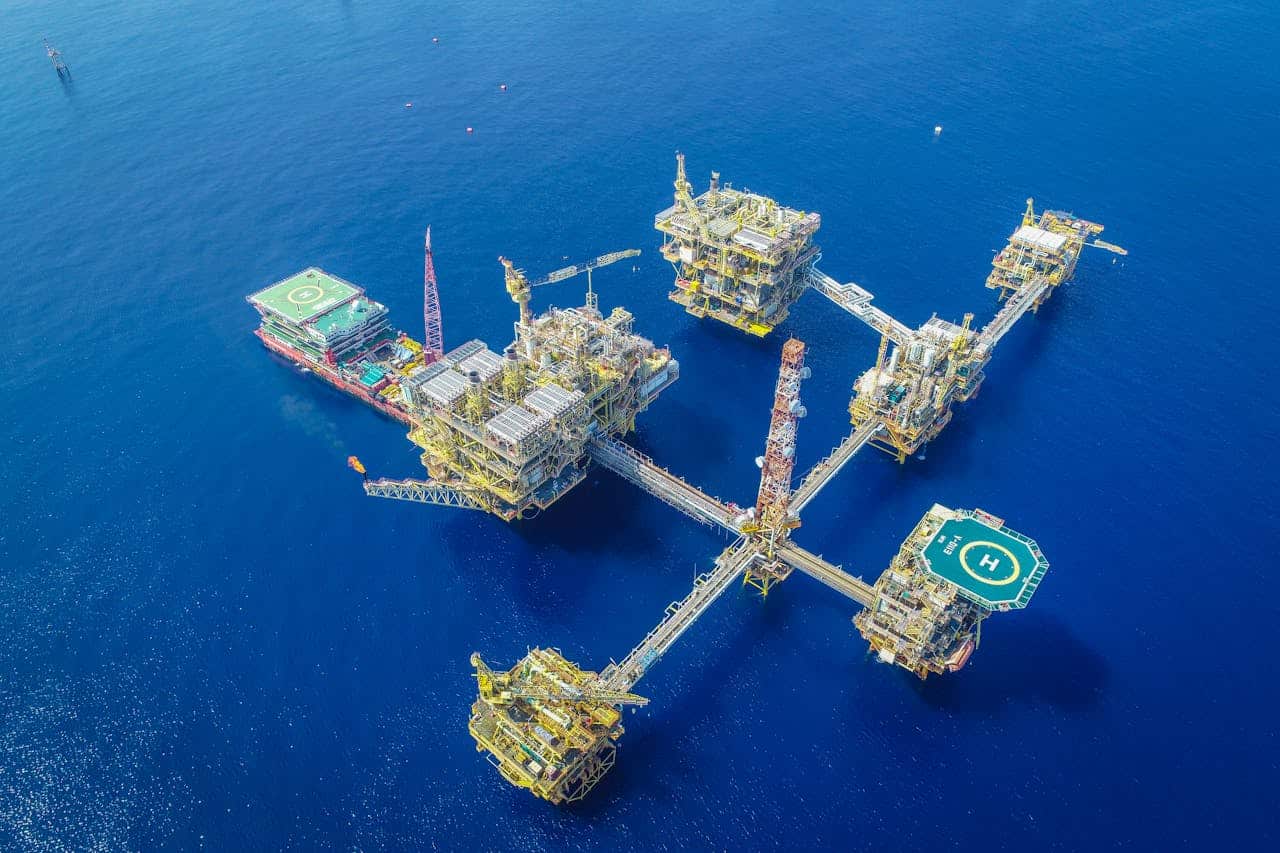Mini MBA: LNG Plant and Terminal Operations

| Date | Format | Duration | Fees (USD) | Register |
|---|---|---|---|---|
| 10 Nov - 14 Nov, 2025 | Live Online | 5 Days | $3785 | Register → |
| 08 Dec - 12 Dec, 2025 | Live Online | 5 Days | $3785 | Register → |
| Date | Venue | Duration | Fees (USD) | Register |
|---|---|---|---|---|
| 17 Nov - 21 Nov, 2025 | Amsterdam | 5 Days | $6305 | Register → |
| 15 Dec - 26 Dec, 2025 | Singapore | 10 Days | $13175 | Register → |
Did you know that as of 2024, the Sabine Pass LNG terminal in Louisiana, USA, boasts a nameplate capacity of 29.5 million metric tons per year, making it the largest operational LNG export terminal globally?
Course Overview
The Mini MBA in LNG Plant and Terminal Operations is meticulously designed to equip professionals with cutting-edge knowledge in predictive maintenance algorithms, anomaly detection, and regulatory compliance monitoring. This comprehensive programme focuses on smart terminal automation, energy consumption modelling, and liquefaction process optimization to ensure participants can effectively navigate the complex landscape of LNG operations.
Why Select This Training Course?
Selecting this Mini MBA offers numerous advantages for professionals involved in LNG terminal operations and management. Participants will gain advanced knowledge of AI-driven condition monitoring, SIMOPS, and cargo interface management. The course provides hands-on experience with quantitative risk assessment and ALARP principles, enabling attendees to optimise their terminal operations effectively.
For organisations, investing in this training enhances overall operational efficiency and reduces risk exposure. By ensuring that personnel are well-trained in reliability-centred maintenance and process isolation techniques, organisations not only protect their assets but also build sustainable practices. Research shows that companies implementing comprehensive digital solutions can significantly reduce operational risks. For instance, the Hammerfest LNG plant case demonstrates how effective operational measures and standby plans are crucial for maintaining optimal performance.
Individuals who complete this course will benefit from enhanced career prospects as they become more valuable assets in their respective fields. The skills acquired through this training can lead to professional growth and increased responsibilities within their organisations. Studies indicate that with U.S. LNG exports reaching record highs of 8.5 million metric tons in December 2024, the demand for skilled LNG professionals continues to rise.
Elevate your career in LNG operations – Join our next session!
Who is this Training Course for?
This Mini MBA is suitable for:
- Managers and executives in LNG operations.
- Engineers and technical staff in LNG plants.
- Project managers overseeing LNG projects.
- Business development professionals in the energy sector.
- Safety and regulatory compliance officers in LNG.
What are the Training Goals?
The objectives of this training course are to enable professionals:
- To master strategic management principles specific to LNG operations.
- To apply technology to improve operational efficiency and safety.
- To understand and navigate the economic and environmental aspects of LNG.
- To develop leadership skills for managing complex LNG projects.
How will this Training Course be Presented?
The Mini MBA in LNG Plant and Terminal Operations employs a comprehensive and innovative approach to ensure maximum knowledge retention and skill development. Expert-led instruction from seasoned LNG professionals forms the core of the course, providing up-to-date insights into modern terminal operations and practical applications.
Our advanced educational methodology includes:
- Interactive sessions featuring bunkering safety protocols and environmental impact regulations
- Hands-on workshops with floating LNG concepts and regasification efficiency
- Real-time simulations of emergency shutdown systems
- Collaborative projects focused on stakeholder engagement frameworks
- Access to cutting-edge LNG carrier operations training modules
Ready to master LNG terminal operations? Secure your spot today!
Course Syllabus
Module 1: LNG Business and Market Dynamics
- Understanding the global LNG supply chain.
- Economic drivers influencing LNG markets.
- Forecasting and market analysis techniques.
- Pricing strategies in LNG contracts.
- The role of LNG in energy security.
- Regulatory frameworks affecting LNG trade.
- Regional market trends and opportunities.
- LNG trading and risk management.
- Impact of geopolitical events on LNG.
- Market entry strategies for LNG.
- LNG’s place in the transition to renewable energy.
- Financial models for LNG investment.
Module 2: LNG Plant Design and Operations
- Liquefaction process optimisation.
- Design considerations for LNG storage tanks.
- Safety in plant layout and construction.
- Operational efficiency in liquefaction units.
- Maintenance strategies for LNG facilities.
- Energy efficiency and waste heat recovery.
- Integration of renewable energy in LNG plants.
- Cryogenic technology and its applications.
- Managing boil-off gas in operations.
- Automation and control systems in LNG plants.
- Capacity planning for future expansions.
Module 3: Terminal Operations Management
- Terminal infrastructure for LNG import/export.
- Ship-to-shore interface management.
- Safe practices for LNG unloading and loading.
- Terminal automation and digitalisation.
- Environmental compliance in terminal operations.
- Quality control and cargo handling.
- Emergency response planning for terminals.
- Port operations integration with LNG terminals.
- Security measures in LNG terminals.
- Optimising terminal throughput.
- Managing terminal logistics.
Module 4: Health, Safety, and Environmental Management
- HSE policies specific to LNG operations.
- Risk assessment methodologies for LNG.
- Safety systems for LNG containment.
- Managing hazards in LNG processes.
- Emergency shutdown and evacuation procedures.
- Environmental impact of LNG operations.
- Strategies for reducing emissions.
- Compliance with international safety standards.
- Training for safety in LNG environments.
- Incident investigation and learning.
- Personal protective equipment in LNG facilities.
- Noise and vibration control measures.
Module 5: LNG Technology and Innovation
- IoT for real-time data in LNG operations.
- AI applications in process optimisation.
- Robotics in LNG plant maintenance.
- Cybersecurity for LNG infrastructure.
- Advances in cryogenic engineering.
- Digital twins for LNG facility management.
- Automation in LNG production processes.
- Innovations in regasification technology.
- Energy storage solutions integrated with LNG.
- Predictive analytics for operational efficiency.
Module 6: Financial Management in LNG
- Capital budgeting for LNG projects.
- Financial risk management in LNG operations.
- Cost analysis for LNG production and transport.
- Revenue models for LNG terminals.
- Hedging strategies for LNG price volatility.
- Investment analysis for LNG infrastructure.
- Taxation and fiscal incentives in LNG markets.
- Financial metrics for LNG performance.
- Economic evaluation of LNG projects.
- Funding and financing LNG ventures.
Module 7: Human Resources and Leadership
- Managing diverse teams in LNG operations.
- Leadership in high-risk environments.
- Developing a culture of safety and efficiency.
- Change management in LNG organisations.
- Training for technical and managerial skills.
- Performance management in LNG settings.
- Succession planning for key roles.
- Motivation and team engagement strategies.
- Conflict resolution in operational contexts.
- Ethical leadership in the LNG industry.
Module 8: Regulatory Compliance
- Navigating global LNG regulations.
- Compliance with environmental laws.
- Safety regulations in LNG operations.
- Legal aspects of LNG contracts.
- Permitting processes for LNG facilities.
- Compliance audits and inspections.
- International maritime laws for LNG shipping.
- Managing compliance in multi-jurisdictional operations.
- Regulatory changes and their impact on LNG.
- Ethical considerations in compliance.
Module 9: Project Management in LNG
- Project lifecycle management for LNG projects.
- Scope, time, and cost management.
- Stakeholder engagement in LNG projects.
- Risk management specific to LNG developments.
- Resource allocation for LNG project phases.
- Project scheduling and critical path analysis.
- Quality assurance in project execution.
- Managing project scope changes.
- Lessons learned and project closeout.
- Agile methodologies in LNG project management.
Module 10: Operational Excellence
- Lean principles in LNG operations.
- Continuous process improvement techniques.
- Performance metrics for LNG operations.
- Waste reduction in LNG processes.
- Six Sigma applications in LNG.
- Benchmarking against industry standards.
- Operational audits for efficiency.
- Capacity management strategies.
- Lean supply chain management for LNG.
- Enhancing operational resilience.
Training Impact
Research indicates that organisations implementing structured LNG terminal operations training programmes have demonstrated measurable benefits in both operational efficiency and safety compliance. Case studies highlight the following improvements:
From Shell’s LNG operations:
- Enhanced production forecasting through smart terminal automation
- Improved supply chain management and cargo delivery optimization
- Strengthened operational resilience through advanced monitoring systems
Transform your career in LNG terminal operations – Enrol now!








